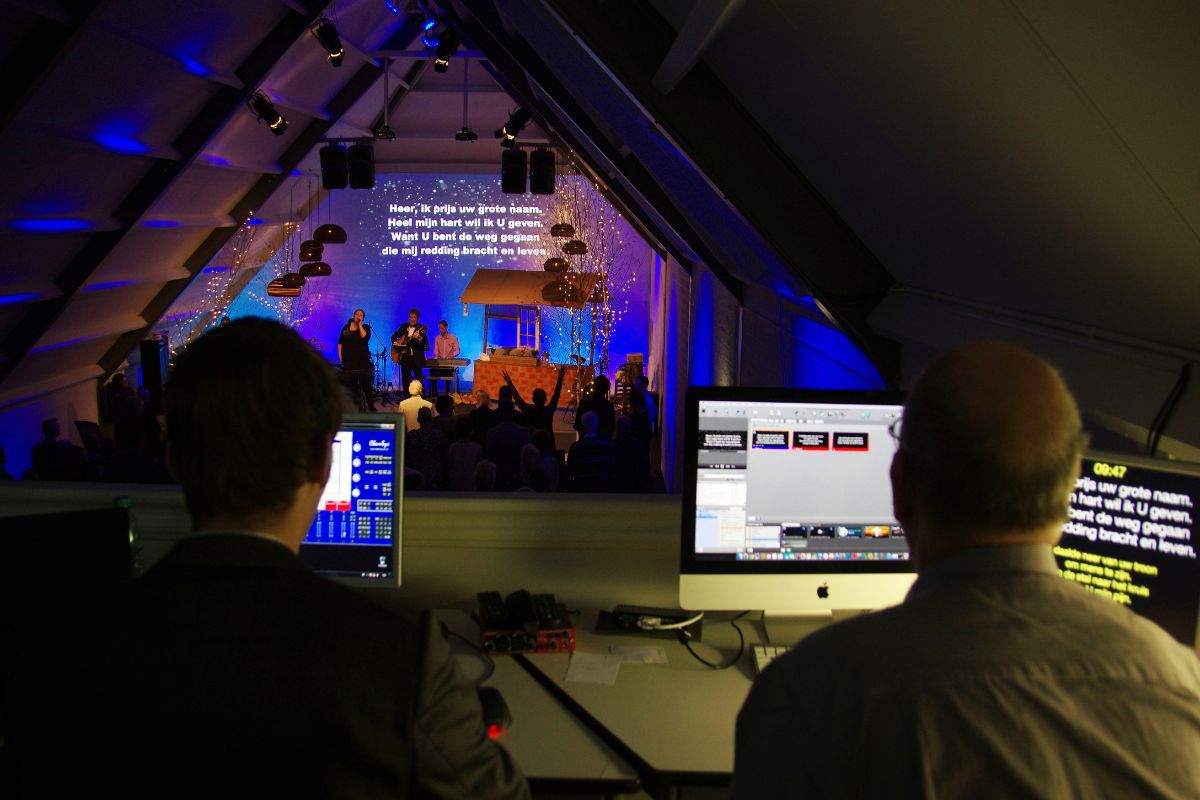Your nonprofit attorney wants you to know that various legal considerations exist when it comes to taking pictures, recording, and live streaming church services and activities. Depending on the circumstances, you may need to avoid recording or live streaming certain people or portions of your service or event, or seek appropriate permission to do so.
-
Photos and Videos from Church Events
If your church holds a public event, you may use photos and videos from the event that do not specifically identify people by name. Since church services are public events, the attendees likely have no expectation of privacy. However, if you intend to identify persons by name in the photos, it is best practice to have the individuals sign a photo use or waiver agreement that permits you to identify them and use their photos in your advertising, social media posts, and other church-produced materials. Generally, it is good policy to post signs or remind your audience or event participants that the service or event is subject to recording.
-
Photos and Videos of Children
Publishing photos and videos of children without the permission of a parent or legal guardian could lead to legal problems. Therefore, if you want to take pictures or videos of children for church-related materials, you should always get the parent or legal guardian to sign waivers or photo use agreements.
You also should keep in mind that if you have any foster children attending your events, their foster parents cannot legally sign any documents on their behalf. Because they are wards of the state, the foster parents cannot consent to the children being photographed or videoed. Under no circumstances should you ever take photos or public videos of these children in church materials.
-
Prayer Concerns and Requests
In many churches, attendees and ministers share prayer concerns and requests, often identifying the persons by name. While these individuals may be perfectly comfortable sharing this often personal or sensitive information with their church families, they may not wish to air that information online to the general public. As a result, care should be taken regarding whether you post prayer concerns or requests on a public forum.
-
Worship Music, Videos, and Copyright Concerns
During the COVID-19 pandemic, more churches have turned to Facebook and similar platforms to live stream their services or post recordings of their services or other activities after they have concluded. However, these recordings or broadcasts of worship music and videos may raise copyright concerns.
In some cases, churches use public platforms like YouTube that consider the material to fall under “fair use” law. Other churches may have licensing agreements to use certain worship music or videos. Streaming and recording the songs or videos subject to copyright goes beyond simply using them in church services. As a result, you will need to check your license agreements to ensure that you are not violating any copyrights in using worship music or videos for your online services or recordings. If you need assistance determining your rights, a nonprofit attorney at Provident Law can assist you.
Nonprofit Attorney Is Here to Help You with Your Legal Needs
While recording and broadcasting church services online can be a powerful tool, it can also create a minefield of legal problems if not handled correctly. Allow an experienced nonprofit attorney to help you work through these issues as you maintain an online presence for your church. We can help you take proactive steps to avoid problems with the various laws that govern these issues. Contact the offices of Provident Law today at (480) 388-3343 and schedule an appointment to speak with us about your legal matter.


